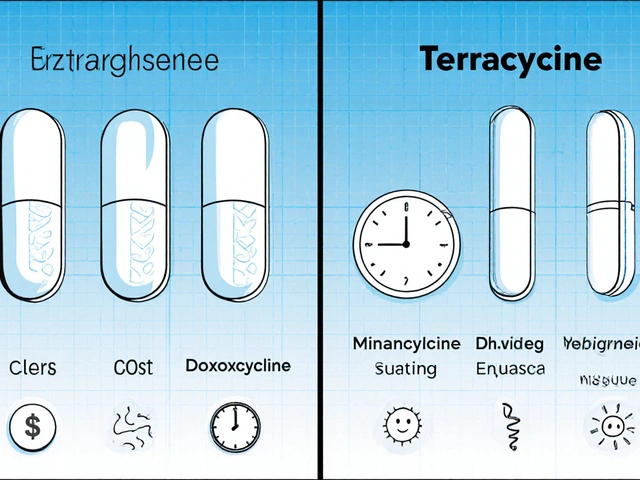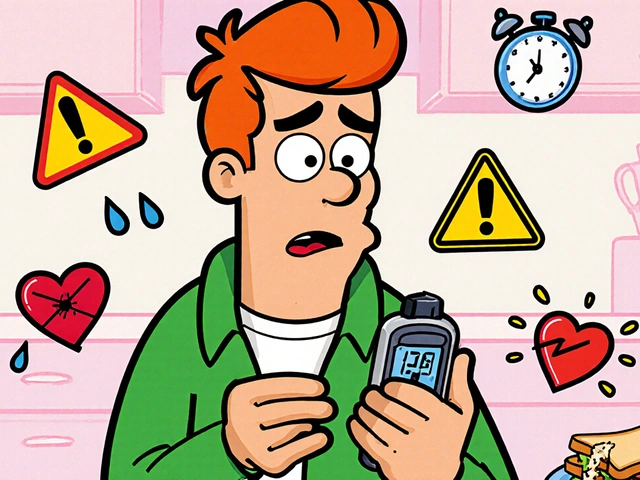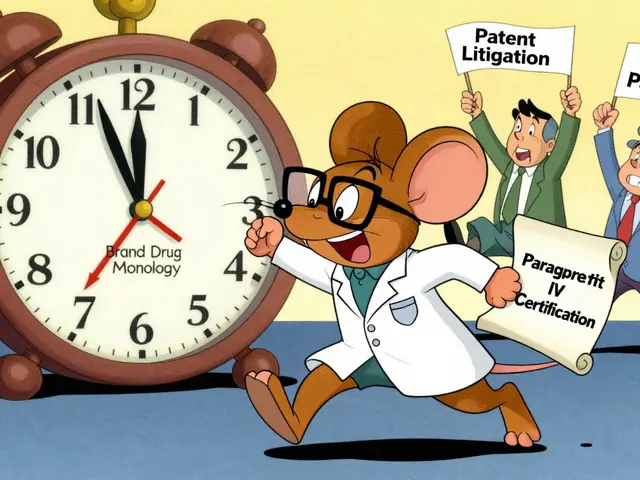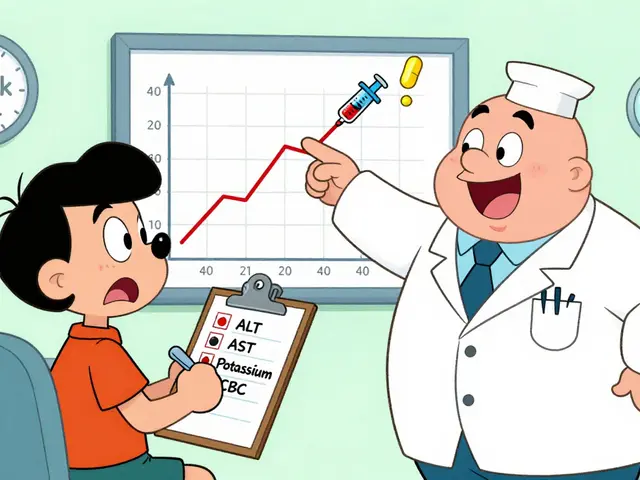Gossypol: what it is and why it matters
Gossypol is a natural compound found in cottonseed that attracted attention for two main reasons: its effect on male fertility and its activity against some cancer cells in lab studies. If you’ve heard the word and wondered whether it’s a new drug or a toxic plant chemical, this page explains the basics in plain language and points out practical safety steps.
How gossypol works — a short, clear picture
Researchers think gossypol works by interfering with energy processes inside certain cells. In men, that interference can reduce sperm production and mobility, which led to trials of gossypol as a possible male contraceptive decades ago. In lab and animal studies, gossypol has also shown the ability to trigger cancer cell death or make cancer cells more vulnerable to other drugs. Those effects look promising on a bench, but they don’t always translate to safe, effective treatments for people.
It helps to remember: lab activity is not the same as an approved medicine. Gossypol’s actions can be strong enough to cause unwanted effects in healthy tissue as well as in target cells.
What to know about safety and practical use
Gossypol is not a standard prescription drug in most countries. Past human trials showed reversible reductions in sperm for some men, but also inconsistent results and side effects. People who tried gossypol in studies reported things like low energy, changes in sexual function, or other health problems when doses were high or taken long term.
Because gossypol can affect different organs, self-medicating with cottonseed extracts or supplements is risky. Don’t try to use gossypol products as contraception or cancer treatment without medical supervision. If you’re part of a clinical trial, follow the study team’s instructions and report side effects right away.
If you’re pregnant, breastfeeding, or hoping to conceive, talk to your doctor before using any product that might contain gossypol. Also tell your clinician about any other drugs or supplements you take — interactions are possible and testing may be needed.
For clinicians and researchers, gossypol remains a compound of interest. Newer derivatives and dosing strategies aim to keep beneficial effects while cutting toxicity. But those approaches need solid human trials before they become treatment options.
Want practical next steps? If you’re curious about gossypol because of fertility concerns or cancer interest, schedule a conversation with a specialist. Ask for up-to-date evidence, possible alternatives, and monitored options. If you see over-the-counter products that claim gossypol cures or prevents disease, treat the claims with caution and check with a licensed provider.
Below this tag page you’ll find related posts and deeper articles on contraception, antibiotic and drug comparisons, and research summaries. Use those pieces to learn more, and always let a clinician help translate research into choices that fit your health needs.





